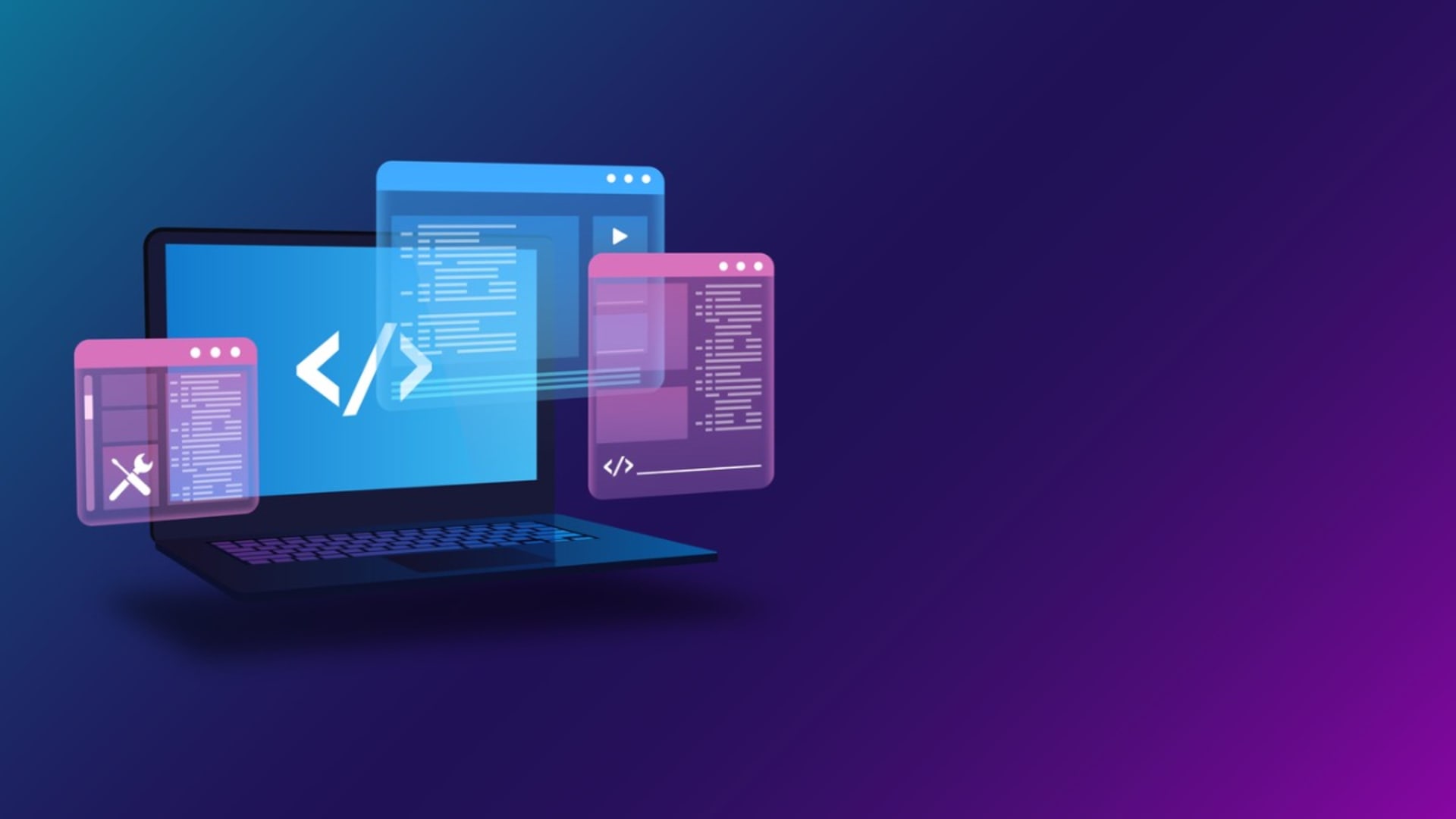Cloud applications offer many advantages over locally hosted software. They’re convenient, flexible, secure, and cost-effective. Businesses that use them can save money, improve collaboration, and become more efficient. They can also rest assured that their data will remain intact even in the event of a hardware malfunction or other disaster.
Of course, companies can choose among the many existing cloud services to meet their needs. But custom cloud application development services are also available for businesses that need specific functionality. Here we describe what cloud applications are, how they’re used in business, and more about the big benefits, as well as how BairesDev can help companies take the next step toward greater business success.
What Are Cloud Applications?
Services delivered via the cloud have been available since the late 90s and are still growing in popularity. Gartner predicts revenue of $110.5 billion from cloud services in 2020 and projects that number to rise to $143.7 billion by 2022.
A cloud application is a software program that is accessed via the internet, rather than on the hard drive of a local computer. Users must be online to use these applications. Many of them can be used across connected devices, including desktops, laptops, tablets, and phones. This convenience is one of the big benefits of this type of software.
Applications can exist on public, private, or hybrid clouds. The applications come in three primary “flavors”:
Software-as-a-Service (SaaS)
Provides a web application along with the underlying infrastructure and platforms. Many applications using the SaaS model are subscription-based, including some content management, customer relationship, and human resource programs.
Platform-as-a-Service (PaaS)
Provides a platform on which companies can run their own applications without having to develop the underlying infrastructure. This type of environment works well for developers while they create new applications.
Infrastructure-as-a-Service (IaaS)
Provides all the underlying infrastructure, including servers, network, virtualization, and storage. The provider offers access through a dashboard and takes care of the hardware. You can use this environment to manage things like your operating system, applications, and middleware.
Cloud Applications for Business
Cloud functionality supports a wide variety of application types. Here are a few examples:
- Communications.Without in-person contact, dispersed teams need ways to collaborate. Cloud-based applications designed for online communication provide messaging (Skype), document development (Google Docs), video conferencing (Zoom), and other contact-based software (Slack).
- ProductivityOther online tools help business professionals stay productive with email, word processing, spreadsheet development, slide deck creation, and more. Microsoft 365 and G Suite both offer cloud-based applications in this space.
- CRMSome customer relationship management (CRM) applications are also cloud-based. Salesforce is a popular CRM that enables salespeople to track interactions with customers throughout the customer journey, develop insights and reports, and create strategies based on objective data.
- MarketingBecause so much marketing is now done online, it makes perfect sense for marketing applications to be cloud-based as well. Hubspot is one example of a platform that supports lead generation, marketing automation, and analytics.
- Data analysisWith so much data being gathered through many channels online, companies need a way to make sense of it all. Data analytics is the process by which data is examined for patterns and useful insights. SAS is a leader in business analytics software, including cloud-based applications.
Benefits for Your Business
Cloud applications offer many benefits to companies that use them:
#1 Flexibility
As mentioned above, cloud applications enable you to move seamlessly between devices to complete your work whenever and wherever it’s most convenient.
#2 Security
Cloud applications are highly secure, and vulnerabilities can be addressed as soon as they’re discovered. This process differs from the “bad old days” during which bug fixes were only delivered to users with the next software rollout, which could be weeks or months away. Additionally, cloud-based applications enable administrators to see details about who is accessing the application.
#3 Cost-effectiveness
Companies save when they use cloud applications for several reasons:
- With no installations and little technical management required, fewer IT staffers are needed.
- With greater security, fewer local security measures are needed, and companies save on costly efforts that would be required to clean up a security breach.
- With fewer licensing, upgrade, and support fees, these costs are greatly reduced.
#4 Improved collaboration.
Cloud applications are perfect for distributed teams working in various locations. Things like communication and file sharing are seamless, making remote work more efficient. Even professionals who work in the same physical space can benefit from centralized workspaces and tools.
#5 Scalability
For many companies, operations expand and contract due to a variety of internal and external factors including the economy, revenue, trends, and seasons. Using cloud-based applications, these companies can easily ramp up or down without having to make large hardware and software expenditures or unload resources they might need again down the road.
#6 Business Continuity
Everyone knows the importance of backups. In many cases, cloud-based applications make backups unnecessary since all the data is already stored offsite. Even in the event of a disaster that compromises computer hardware, a company can continue its operations with the critical documents and processes hosted safely in the cloud.
#7 Competitiveness
Cloud applications are updated continuously. So, when businesses use them, they always have the latest technology at their fingertips, making it that much easier to please customers and beat the competition.
Cloud Application Development From BairesDev
BairesDev offers custom application development, cloud consulting, cloud infrastructure management, cloud migration, cloud deployment, software integration, and cloud support and maintenance. We want our custom cloud application development to provide your company with exactly the cloud functionality it needs to create optimal conditions for success.
BairesDev’s cloud developers have vast experience helping clients achieve their goals and our cloud application development services are designed to transform business operations. Our end-to-end software development services deliver everything you need, including database optimization, general virtualization, and modern architecture design.
Because we’re a nearshore software development company, you get all this expertise along with the convenience of working with a vendor with a similar culture and the same language and working hours.







